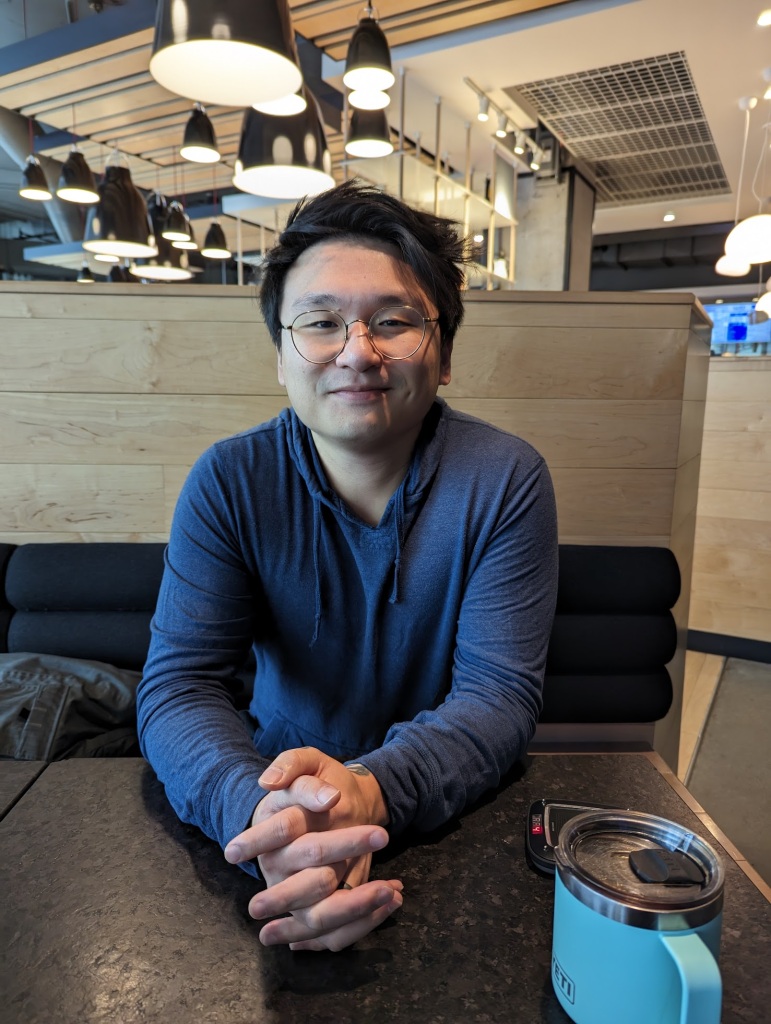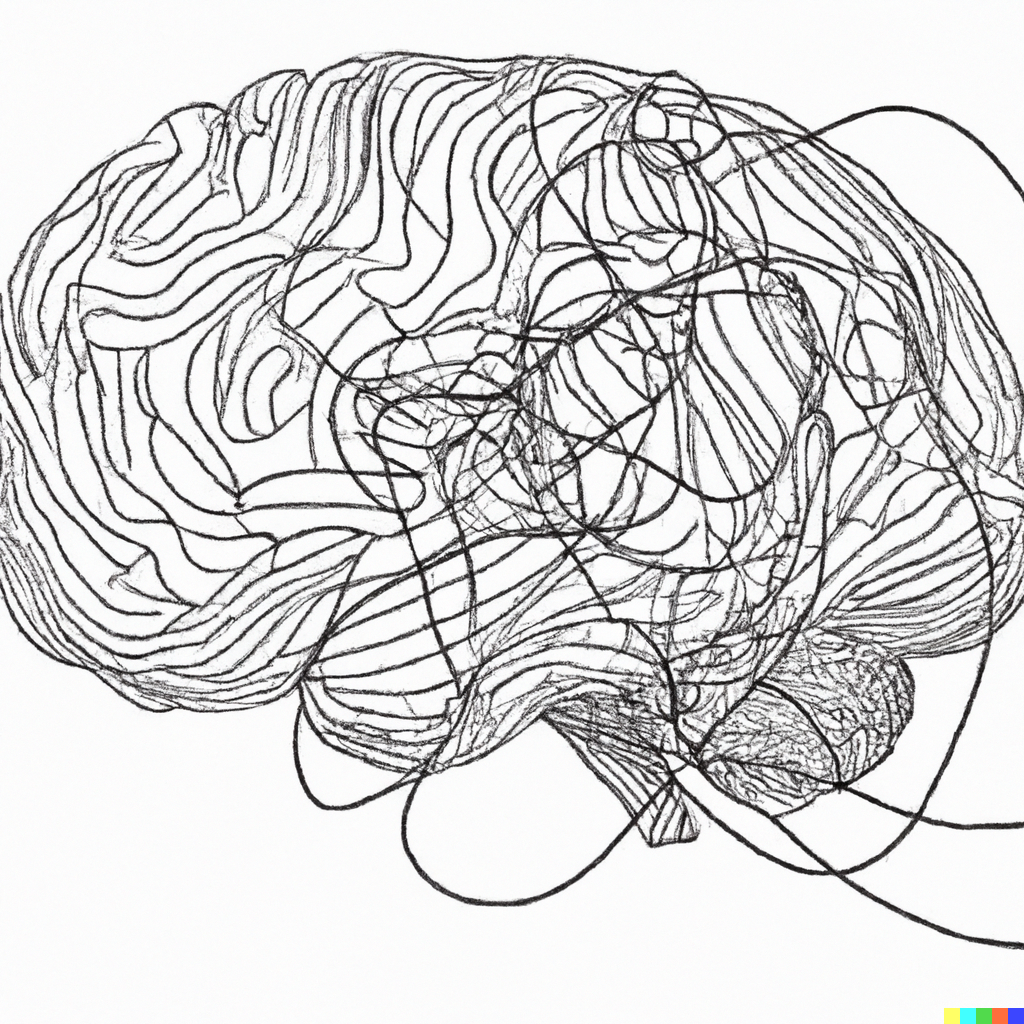Jae Moon, Ph.D.
Computational Neuroscientist, Biomedical Data Scientist, AI/ML Research Scientist
About
With a background in Life Sciences & Neurosciences from Queen’s University and a Ph.D. in Biomedical Engineering from the University of Toronto, I delve into the fascinating intersection of artificial and human intelligence.
Research EThos
< Applied AI research  Tangible + proximal impact. >
Tangible + proximal impact. >
My research ethos centers on applied work with immediate, tangible impacts. I strive to create solutions that resonate in real-world scenarios.
Highlights
Data & Algorithm Quality and Integrity Evangelist
< Accountable data practices  Reliable outcomes for AI >
Reliable outcomes for AI >
| Human-guided parameterization < Data labelling policies |
At HealthTech Connex (HTC+NeuroCatch), I enhanced Health Canada + FDA-approved neurotech devices, creating innovative and patent-pending algorithms for electrophysiological time-series data analysis.
> Of note, I spearheaded a patient-oriented healthcare research initiative targeting the amelioration of detection rate bottlenecks by advocating for accountable data management practices for optimal patient outcomes.
> Developed a variational inference framework for the data to guide decision making, proving more conducive to noise-robustness, generalizability, and reliability.

Neuro-engineering Research Scientist
At the University of Toronto’s PRISM Lab, mentored by Dr. Tom Chau, I developed an innovative brain-computer interface for decoding speech-related thoughts in real-time. This work honed my skills in signal processing, machine learning, AI, and statistics, culminating in notable awards, publications, and a distinguished thesis defense.

Data Research Scientist
- Zero/few-shot anomaly detection and segmentation algorithm for heterogeneous time-series and image data.
- Reducing burden for edge-computing and real-time operations
Expanding upon this, I have been curently researching similar methods for radiological, biomedical time-series datasets, and other unstructured data, with an objective of guiding/grounding AI development.
More detailed portfolio page coming soon!

AWARDS & gRANTS
- JAMES F. CROTHERS FELLOWSHIP for Peripheral Nerve Damage
- TORONTO REHABILITATION INSTITUTE SCHOLARSHIP
- WHIPPER-WATSON SCHOLARSHIP (Holland Bloorview)
- INSTITUTE FOR TECHNOLOGY IN HEALTHCARE THESIS AWARD
- HANNAH FARKAS-HIMSLEY AND ALEXANDER HIMSELY MEMORIAL PRIZE
- KITE-TD FELLOWSHIP
- MARGARET & HOWARD GAMBLE GRANT for Cerebral Palsy
- LEE KYUNGSUK SCHOLARSHIP
- DAAD RISE RESEARCH SCHOLARSHIP
- QUEEN’S UNIVERSITY ACADEMIC EXCELLENCE AWARD
Google Scholar
Highlighted Publications
Real-time machine learning for thought-decoding using cross-modal linguistic representations
Connectivity-based approaches of understanding language Networks in the brain
Machine learning approaches for achieving comparative understanding of cross-modal linguistic cognition
Bone-conduction reduces VR sickness
Feel free to connect with me on LinkedIn—just mention that you came across this bio.
Blurb – My Philosophy of Consciousness
Reflecting upon Spinoza’s teachings, I perceive consciousness as an intermediary milieu bridging cause and effect. Environmental inputs steer our decision-making, judgments, and emotions. Freedom, therefore, involves extricating oneself from the subtle currents of this affective causal flow, through the cultivation of reason that blossoms into wisdom.
Thus, knowledge endows us with the capacity to reason, and consequently, power. The mind, being the most intricate and palpable entity we recognize, logically becomes the prime model for creating artificial intelligence. Spinoza posits that Nature is synonymous with God and that we are fashioned in their likeness. It’s plausible that the complexity of nature mirrors itself within our minds. The pertinent question then becomes: can we cast this reflection onto artificial intelligence?
